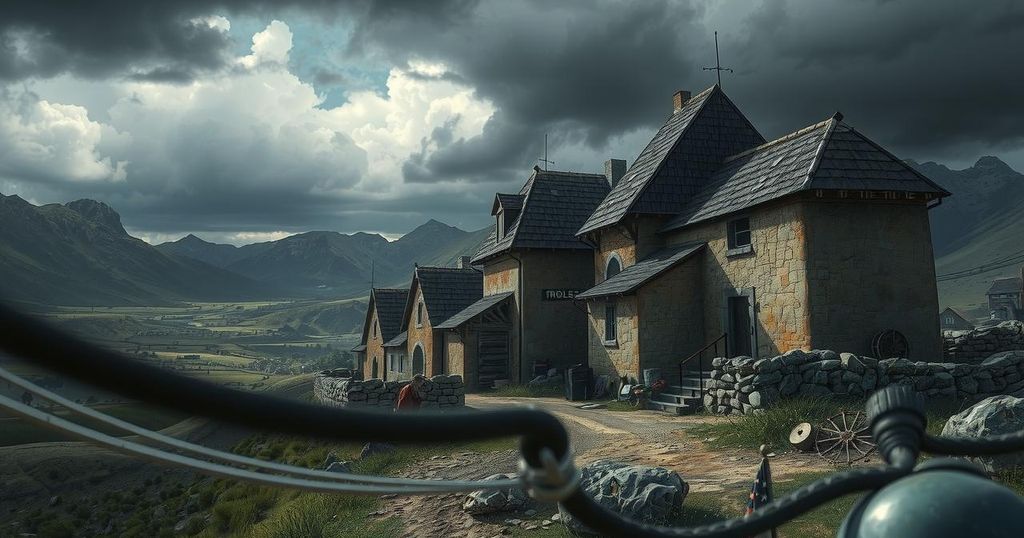The M23 rebels in eastern Congo dismissed ceasefire calls from the Congolese and Rwandan governments while capturing Walikale, a strategic town, heightening regional conflict. Initiatives for direct talks between M23 and Kinshasa have encountered setbacks, with the M23 pursuing military objectives despite international calls for peace, emphasizing their own governance and security concerns.
The leader of the M23 rebels in eastern Congo dismissed calls for an immediate ceasefire from the governments of Kinshasa and Kigali. The M23 forces intensified their offensive by capturing the strategic town of Walikale, marking their furthest advance westward since early 2023, following their prior occupation of the region’s two major cities. Walikale, home to approximately 15,000 people, was taken after clashes between the rebels and Congolese forces.
The ongoing conflict, rooted in historical tensions and competition for resources, has escalated to what some experts describe as a wider regional war, involving troops from the Democratic Republic of Congo, Rwanda, and Burundi. The town’s capture places the rebels strategically closer to Kisangani, the country’s fourth-largest city, thus potentially influencing future military maneuvers. An M23 officer assured local residents of their security but stated intentions to advance further towards Kinshasa.
Both Congolese President Felix Tshisekedi and Rwandan President Paul Kagame urged for an immediate ceasefire following talks in Qatar—their first direct engagement of the year. However, Corneille Nangaa, leader of the M23, rejected the ceasefire appeal, emphasizing that M23 is not merely a proxy for Rwanda but fights for Congolese interests.
While the United Nations and Western officials have noted Rwanda’s support for the M23, the Rwandan government denies these accusations, asserting self-defense against the Congolese military. Anticipated peace talks appeared to falter when the M23 withdrew due to sanctions affecting its leadership. The Angola foreign ministry expressed surprise regarding the Qatar talks, advocating for African-led solutions to the conflict.
Nangaa reiterated the necessity of direct negotiations with Kinshasa, asserting this as the sole solution to the ongoing strife. He articulated M23’s demands for improved governance and cessation of perceived persecution against Tutsis in Congo, signaling a desire for a peaceful resolution to the conflict.
The recent developments in eastern Congo illustrate the complexities of the ongoing conflict involving M23 rebels and governmental forces. The M23’s refusal to adhere to ceasefire calls and its strategic military actions underscore the persisting tensions derived from historical grievances and resource competition. Calls for direct dialogue between the M23 and the Congolese government highlight the necessity for a comprehensive resolution to the conflict, with leaders from both sides needing to prioritize peaceful negotiations to address the underlying issues fueling the violence.
Original Source: sightmagazine.com.au




